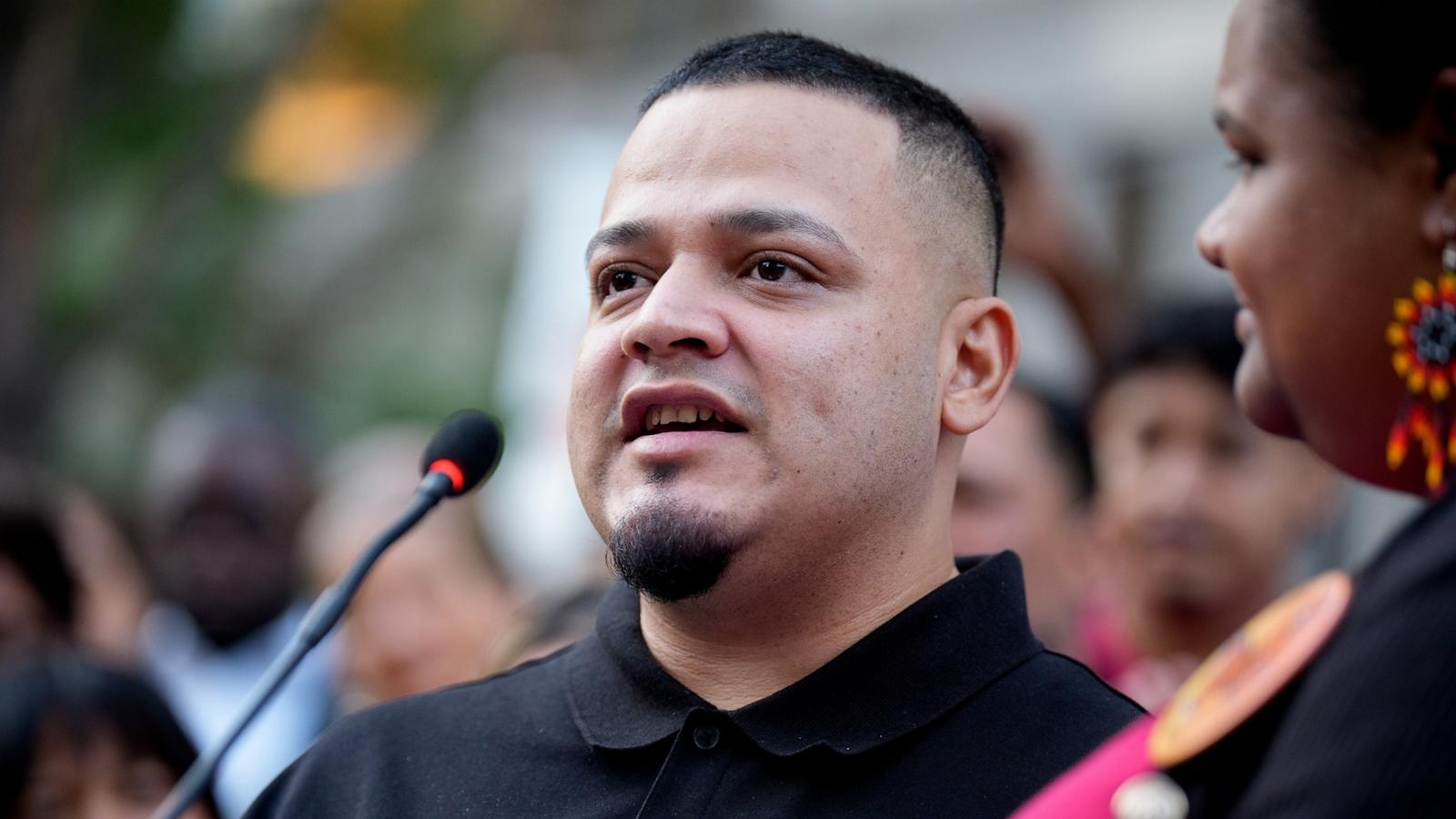
The Trump administration says it has secured Liberia’s agreement to receive Kilmar Abrego, the Maryland resident whose wrongful March deportation to El Salvador became a flashpoint in the president’s immigration crackdown.
In a court filing, the Justice Department said Abrego could be removed to Liberia as soon as Oct. 31. A temporary order from U.S. District Judge Paula Xinis currently blocks his deportation while she weighs his request for release from immigration detention, leaving unclear how the Liberia arrangement will affect the case. Abrego could also seek protection by claiming fear of torture or persecution.
Liberia’s information ministry said it would admit Abrego “on a strictly humanitarian and temporary basis” at Washington’s request, pledging he would not be sent to any place where he faces a substantial risk of harm. The U.S. had previously floated Uganda, Eswatini and Ghana without success; Liberia is the first African state to agree.
Abrego, a sheet-metal worker who entered the U.S. unlawfully, lived in Maryland with his wife, their child and two of her children—all U.S. citizens—before his arrest and deportation to his native El Salvador in violation of a prior court order. He was held in a mega-prison known for harsh conditions, then returned to the U.S. in June.
After his return, prosecutors charged Abrego with migrant smuggling. He has pleaded not guilty and accuses the administration of vindictive prosecution; the government has also alleged MS-13 ties, which his lawyers deny. A Nov. 4–5 hearing in Nashville on whether he was improperly charged could be affected if he is deported beforehand. His lawyers have sought testimony from Justice Department officials.
Abrego’s attorney, Simon Sandoval-Moshenberg, criticized the Liberia plan, noting Abrego has no ties there and that it would separate him from his family in Maryland. Defense lawyers say Costa Rica has offered to receive him, but the U.S. has not agreed.
The Justice Department cited Liberia’s historic links to the United States, treatment of refugees and human-rights framework, even as a 2024 State Department report flagged serious abuses, including extrajudicial killings.
The administration vowed to deport Abrego after his release from criminal custody in August.
